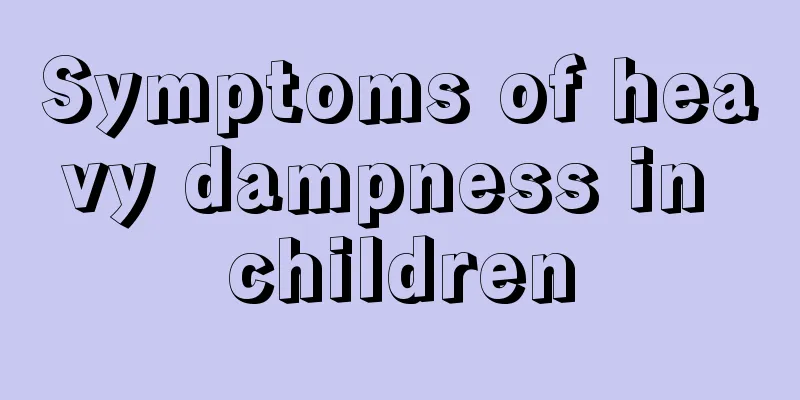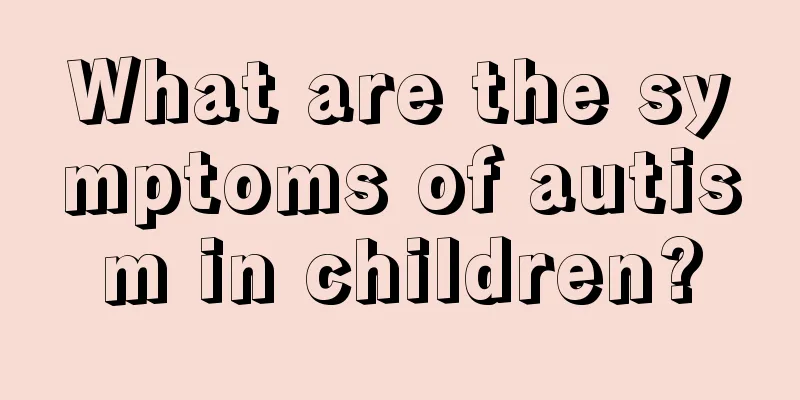How to treat bedwetting

|
The problem of bedwetting is quite common in life. Not only children have the behavior of bedwetting, but some adults also have the behavior of bedwetting. Therefore, we must pay attention to the treatment. We must first understand the causes. If it is psychological factors, then we must start from the psychological aspect. Of course, if it is caused by some diseases, we should pay attention to the root cause. The following are common treatment methods. 1. General treatment Develop a good work and rest system and hygiene habits, avoid overwork, control the time and regularity of bedwetting, and use an alarm clock to wake up the child to urinate 1 to 2 times at night. Sleep 1 to 2 hours during the day, avoid excessive excitement or strenuous exercise during the day to prevent deep sleep at night. Build confidence throughout the treatment process. Gradually correcting emotions or behaviors such as shyness, anxiety, fear and timidity, taking care of the patient's self-esteem, giving more comfort and encouragement, less scolding and punishment, and reducing their psychological burden are the keys to successful treatment. It is necessary to correctly deal with the mental factors that cause enuresis, understand the mental triggers and possible psychological conflicts that lead to enuresis through medical history, and resolve the mental stimulation factors that can be resolved as soon as possible. For contradictions and problems that have already occurred or exist objectively in reality and cannot be resolved subjectively, we should focus on patiently educating and explaining to the children in order to eliminate mental tension and avoid emotional distress. Avoid drinking water after dinner and empty your bladder before going to bed to reduce the frequency of bedwetting. 2. Behavioral therapy for children's bedwetting (1) Urinary interruption training: Encourage your child to interrupt urination in the middle of each urination, count from 1 to 10, and then urinate completely. This can train and improve the bladder sphincter's ability to control urination. (2) Urine retention training: Let your child drink plenty of water during the day. When he feels the urge to urinate, let him hold his urine for no more than 10 minutes each time. Do this training 1 to 2 times a day to expand the bladder and increase its capacity, thereby reducing the number of urinations at night. (3) Timed training: Use an alarm clock to wake up the child half an hour before the time when he or she often wets the bed at night. Let him or her walk back and forth in the room, or wash the face with cold water, so that he or she can urinate while being conscious. The purpose is also to help establish a conditioned reflex. Parents should promptly detect bedwetting in their children and urge them to empty any remaining urine, wipe the area dry, change their underwear and dry the bed. 3. Drug treatment Imipramine is suitable for arousal disorders. (2) Oxybutynin, also known as Urodol, is suitable for frequent urination during the day and at night. (3) Ephedrine can be used in mixed form. (4) Desmopressin is a synthetic antidiuretic hormone, also known as desmopressin, which is suitable for nocturnal polyuria. The combination of amitriptyline, desmopressin, and oxybutynin is currently considered an effective triple drug for the treatment of refractory mixed enuresis. The advantage is that the efficacy is close to that of the SNM therapy described below, but the disadvantage is that there are side effects of varying degrees and the disease is prone to relapse after discontinuation of the drug. The above drugs are prescription drugs. Imipramine and amitriptyline are antidepressants. The dosage shown is for adults. Children should calculate it per kilogram of body weight. |
<<: What does it mean to dream about wetting the bed?
>>: What are the precautions for children to take when taking Intestinal Worm Clear?
Recommend
What should I do if my baby has a cold and high fever that won’t go away?
Colds and fevers are common symptoms in infants a...
Can children with urticaria take a bath?
Children are more likely to get urticaria than ot...
What's the matter with the sunken front fontanelle?
The anterior fontanelle is unfamiliar to a person...
Children's Taekwondo
Chinese martial arts are profound and extensive. ...
Can children eat broad beans?
Because there is a clinical disease called favism...
Treatment and prevention of rickets in children?
Children are very susceptible to rickets, which i...
Child sweating and coughing while sleeping
In daily life, many babies are prone to sweating ...
My baby farts very smelly but doesn’t poop. What’s going on?
The digestive function of babies is not yet sound...
What are the methods to reduce fever in babies?
People who have babies at home know that once the...
What vaccines should a 2-month-old baby get?
In modern life, medical scientists have invented ...
What to do if your newborn baby poops and cries
Taking care of children is a very troublesome thi...
What are the symptoms of internal heat in children?
Many parents think that their children are suffer...
How harmful is CT scan for children?
CT is a method used by hospitals to examine the h...
Analysis of Psychological Problems of Left-behind Children
Left-behind children are a special group of peopl...
15-month-old baby's sleep time and precautions
The normal sleep time is different for different ...









